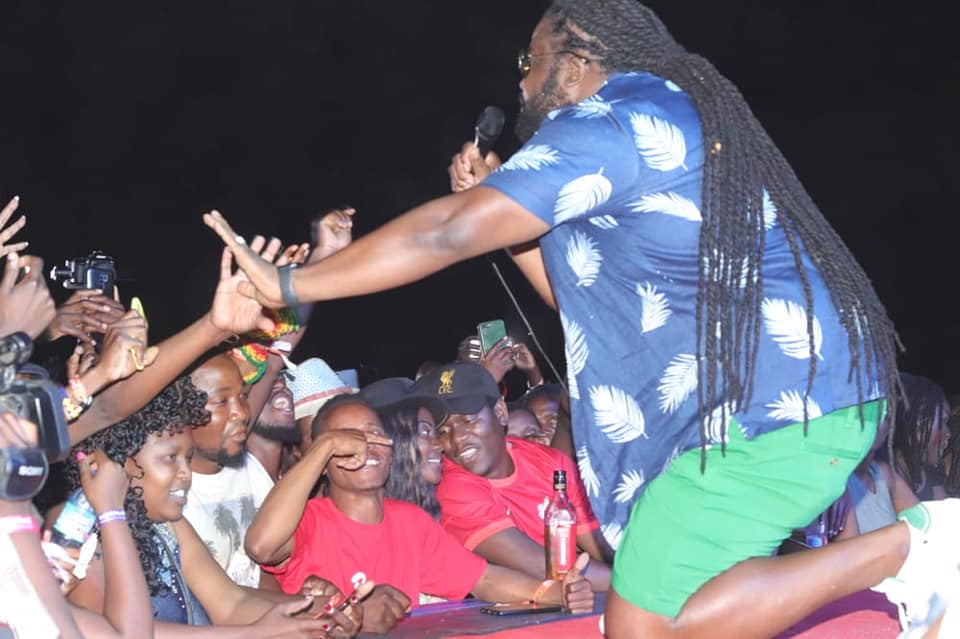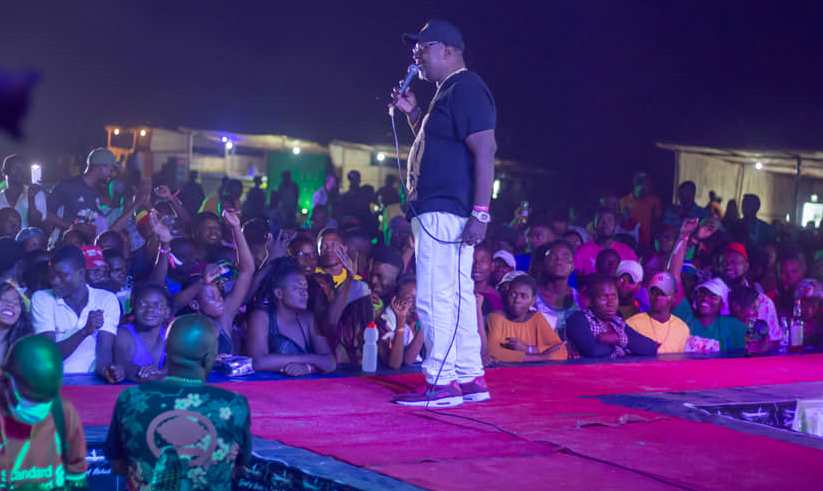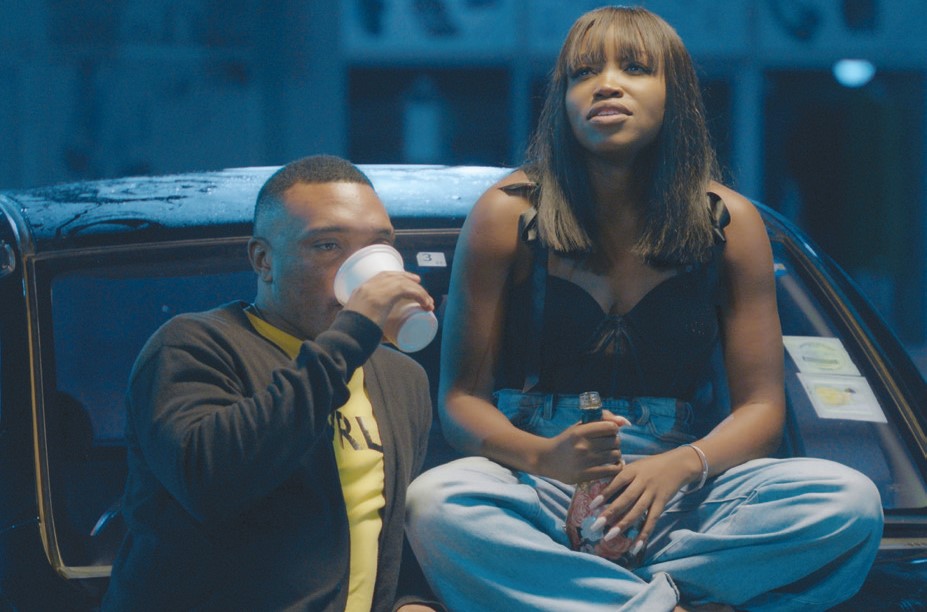Changes, same old questions
The 11th edition of the Sand Music Festival came with a notable change. Each day of the three-day event was allocated at least one or two international headliners.
The arrangement was a departure from what was happening in the last 10 years when the schedule bundled all international headliners on a single day, mostly on Saturday. This, to a large extent, gave the impression that Sand Music Festival was a Saturday event.

In announcing the changes, lead organiser Nkhwachi Mhango said: “We realise that our biggest stakeholders are the people who come to our festival. We have listened to them. We are not a Saturday festival, but a three-day festival.”
His sentiments were a true reflection of what happened at Sunbird Nkopola Lodge in Mangochi from Friday to Sunday. Unlike in the previous years, the opening day of the festival on Friday provided probably one of the biggest highlights of the event.
South Africa’s music icon Makhadzi carried the day in spectacular fashion and being aware of that fact, patrons thronged the venue in their multitudes, filling up every inch of space that the expansive and beautiful beach presented.
The same can be said of Sunday which was previously another slow day on the line-up of the event. But this year the day was blessed with the presence of South African Sipho Makhabane, Ugandan Lexixone as well as Billy Kaunda and Lucius Banda, among others.

It was not surprising to see patrons sticking around until the last strum of the guitar in the early hours of Monday.
The Impakt Events Management team should be commended for pulling the masterstroke which has brought a new complexion and feel to the platform.
Same old questions
When the festival was introduced 11 years ago, in some quarters it was viewed as a protest establishment to counter the misgivings that artists had with the Lake of Stars festival, which many contended had a prominent international feel.
The disparities in the performance fees between local and international artists was the contentious point. So, in essence, the SandFest had come to fill that gap.
But years later, that debate seems to have re-emerged now on the all-local platform that is SandFest. At least two artists withdrew from event reportedly over contractual misunderstandings.
And when the Minister of Tourism, Culture and Wildlife Michael Usi took to the stage to make his remarks at the event, he appeared to fan the debate even further as he advocated for better fees for the local acts.
“Let us recognise each other’s worth. The local artists need a big push from all of us. They need to be encouraged and supported for them to realise their potential,” he said.
When Nigerian Mr P came on stage, he appeared to make a sermon of his own too, almost bordering on the same theme.
He said: “We are known across the world because Nigerians made us. It is the same with you here. You have the responsibility to build your own stars so they can attain that global status. You owe them such support.”
Come Sunday, Impakt Events Management director Lucius Banda had his moment too. In his remarks, he slyly addressed the issue.
He said: “Every artist, whether international or local, has his/her own price. The deals that we enter into are negotiated individually. There can never be one common way of cutting the cloth. That is the reality which we have to live with, unfortunately.”
In a separate interview, arts enthusiast Chimwemwe Nyirenda said it is important for local artists to have realistic expectations when negotiating such kind of deals. He said each contract is drafted in consideration with the product at hand.
He said: “Local creatives need to have some knowledge on contract agreements. They should learn how to negotiate for fees which are also reflective of their status and standing.“We will be lying to each other if we say the locals can receive similar fees to those of Gramps Morgan.”
Nyirenda said maybe the Arts Council, once in place, can help handle this matter.
“Maybe the Arts Council can formulate basic conditions for the artists, coordinate and register festivals. Lawyers can handle contracts on behalf of the artists and bring sanity to the music festivals in the country,” he said.





